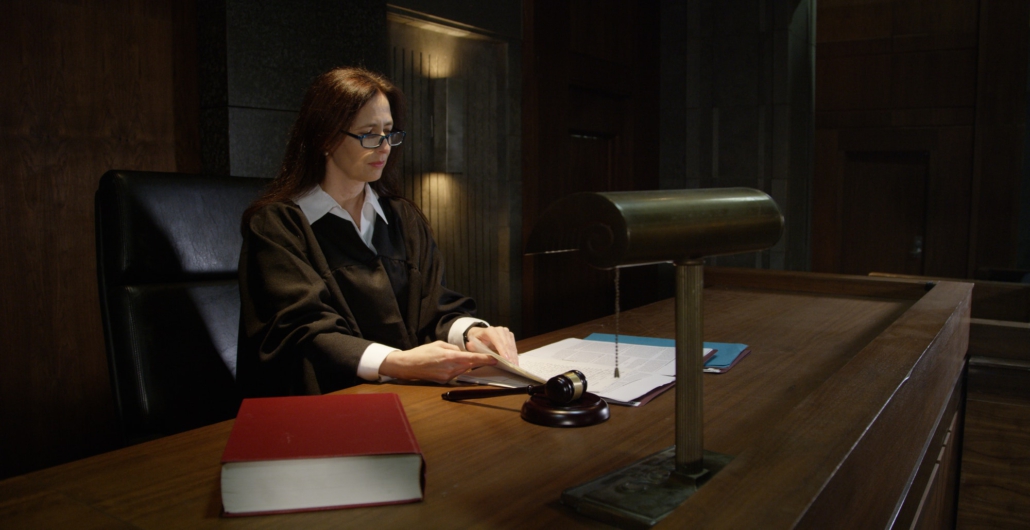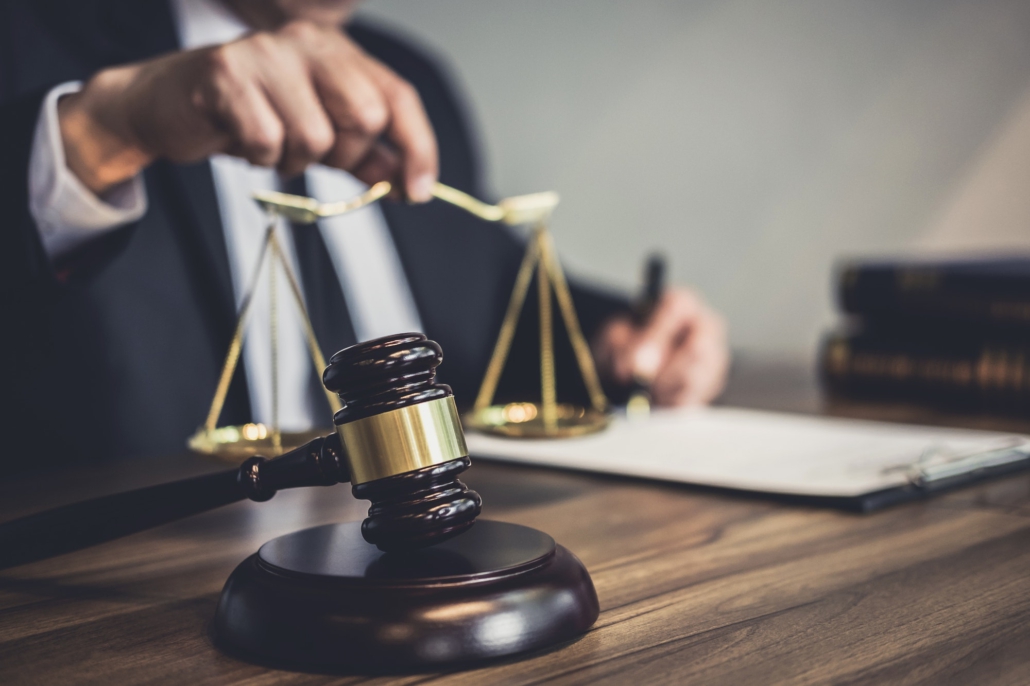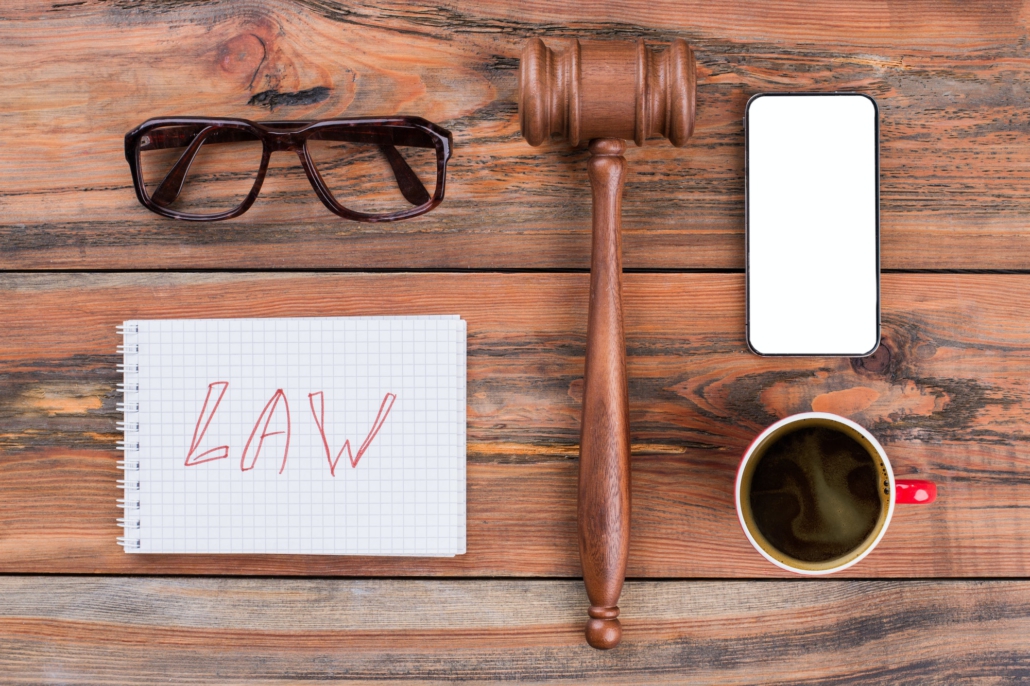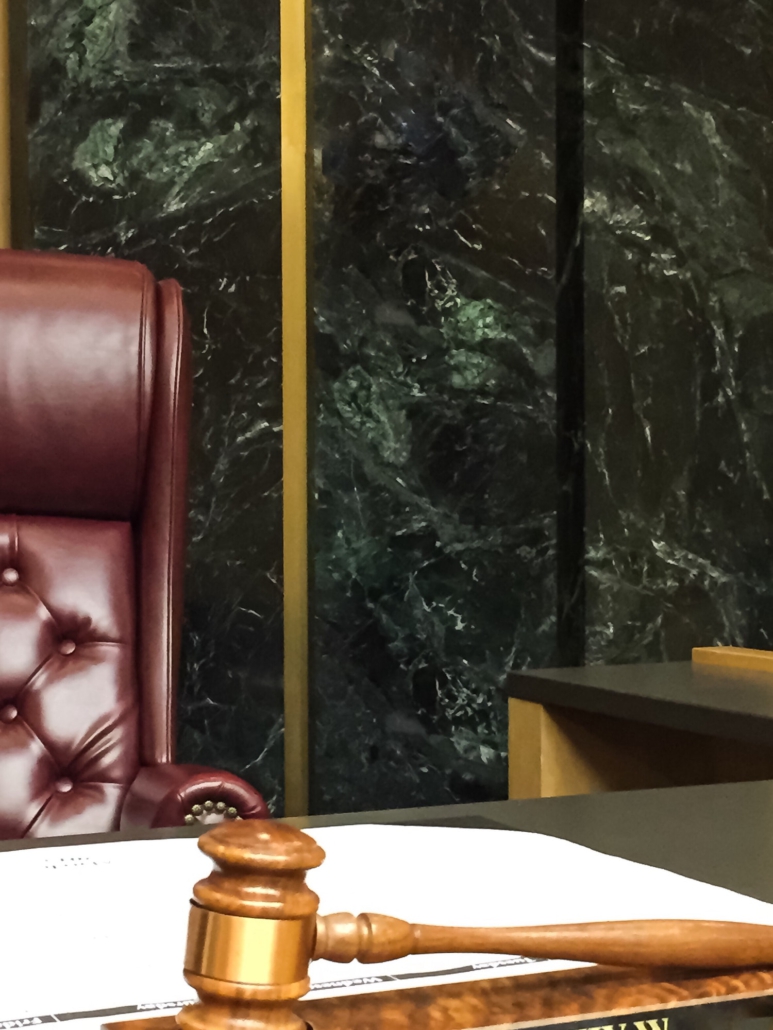Obvious facts in civil proceedings – is it necessary to take evidence in court?
This post is also available in: DE
In the digital era, in which search engines such as Google play a central role, “obvious facts in civil proceedings” are becoming increasingly important. Section 291 of the German Code of Civil Procedure (ZPO) makes it clear that “obvious facts” do not require evidence to be taken in civil proceedings. However, what exactly is meant by an “obvious fact” and how it may be used often raises questions in practice.

The Federal Court of Justice (BGH) recently clarified important points in relation to “obvious facts” in a highly practical ruling.
It first confirmed that information that can be found on the internet can be considered “obvious facts” within the meaning of Section 291 ZPO. In addition, the BGH provided valuable guidance for the courts on how to deal with such facts.
In its ruling of January 27, 2022 (case no. III ZR 195/20), the BGH emphasized in particular the need for a court to give the parties the opportunity to comment before incorporating an “obvious fact” into its decision. This applies even if this fact was taken from the internet. A reference can only be omitted if both parties are already aware of the fact in question and its relevance to the decision.
The BGH stated verbatim:
“(…) According to the established case law of the Federal Court of Justice (…), a court may not base its decision on facts without first giving the parties the opportunity to comment on them. This also applies to obvious facts within the meaning of Section 291 ZPO. These also include facts that the court has taken from the Internet; If it wishes to make this the basis of its judgment, it must make the result of its investigations available to the parties and inform them by means of a reference (…).”
However, by way of exception, a judicial reference should not be required if the facts or circumstances in question are “readily available tothe partiesand they are aware of their relevance to the decision“.
This decision by the BGH respected and emphasized the constitutional right of both parties to be heard. The courts must inform the party concerned of the intended use of an “obvious fact”. This is the only way to give the party the opportunity to comment on it. Exceptions are only permitted in the case of generally known circumstances and their clear relevance to the case.



LEGAL+ NEWS Enforcement order legally binding – What else can

BGH eliminates widespread misunderstanding of its case law on the application of warranty law for material defects when purchasing shares! A comprehensive exclusion of statutory warranty claims in the share purchase agreement does not fundamentally preclude the application of Section 313 BGB (frustration of contract)!

“By their legal nature, media agency agreements are generally to be qualified as agency agreements in which one party (media agency) undertakes to carry out an independent economic activity to safeguard the financial interests of third parties (in particular media planning and buying) and the other party (advertising client) undertakes to pay a fee.” (BGH ruling from 16.6.2016, ref. III ZR 282/14)

I look forward to our networking.
This post is also available in: DE

 Documentary action in civil proceedings: definition, procedure and context with...
Documentary action in civil proceedings: definition, procedure and context with...Diese Webseite nutzt Cookies. Wenn Sie die Webseite weiterhin nutzen, gehen wir von Ihrem Einverständnis aus.
VerstandenMehr erfahrenWe may request cookies to be set on your device. We use cookies to let us know when you visit our websites, how you interact with us, to enrich your user experience, and to customize your relationship with our website.
Click on the different category headings to find out more. You can also change some of your preferences. Note that blocking some types of cookies may impact your experience on our websites and the services we are able to offer.
These cookies are strictly necessary to provide you with services available through our website and to use some of its features.
Because these cookies are strictly necessary to deliver the website, refusing them will have impact how our site functions. You always can block or delete cookies by changing your browser settings and force blocking all cookies on this website. But this will always prompt you to accept/refuse cookies when revisiting our site.
We fully respect if you want to refuse cookies but to avoid asking you again and again kindly allow us to store a cookie for that. You are free to opt out any time or opt in for other cookies to get a better experience. If you refuse cookies we will remove all set cookies in our domain.
We provide you with a list of stored cookies on your computer in our domain so you can check what we stored. Due to security reasons we are not able to show or modify cookies from other domains. You can check these in your browser security settings.
These cookies collect information that is used either in aggregate form to help us understand how our website is being used or how effective our marketing campaigns are, or to help us customize our website and application for you in order to enhance your experience.
If you do not want that we track your visit to our site you can disable tracking in your browser here:
We also use different external services like Google Webfonts, Google Maps, and external Video providers. Since these providers may collect personal data like your IP address we allow you to block them here. Please be aware that this might heavily reduce the functionality and appearance of our site. Changes will take effect once you reload the page.
Google Webfont Settings:
Google Map Settings:
Google reCaptcha Settings:
Vimeo and Youtube video embeds:
The following cookies are also needed - You can choose if you want to allow them:
You can read about our cookies and privacy settings in detail on our Privacy Policy Page.
Datenschutzerklärung